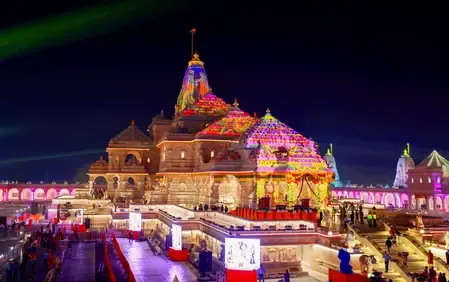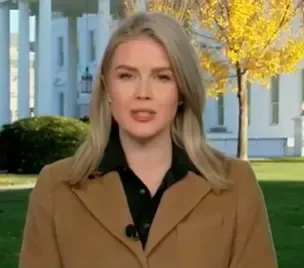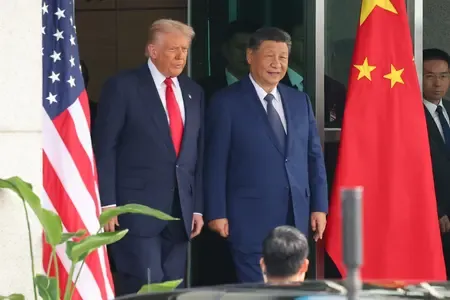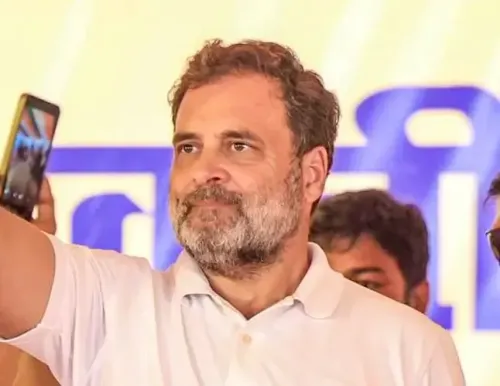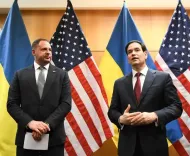Is the Mohan Yadav government Delaying the OBC Reservation Hearing?
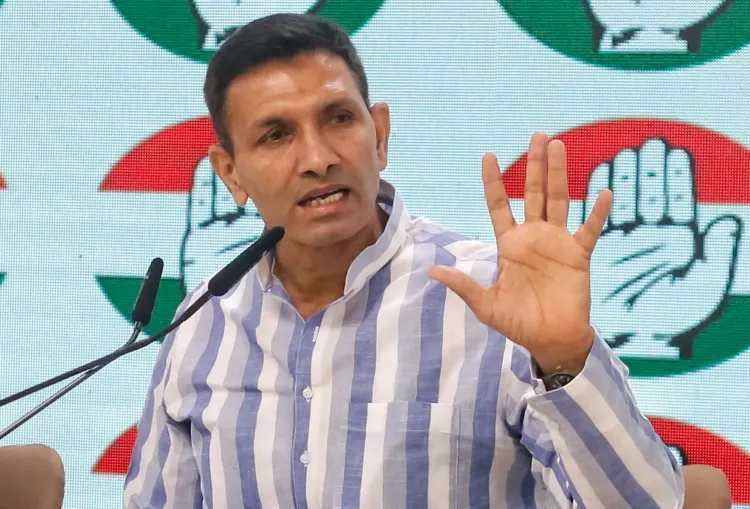
Synopsis
Key Takeaways
- The Congress party accuses the government of stalling the OBC reservation hearing.
- The proposed increase in OBC reservation from 14 percent to 27 percent is under review.
- Political ramifications are significant due to the large population of OBCs and tribals.
- The Supreme Court has expressed concern over repeated delays.
- The situation highlights issues of representation in government services.
New Delhi/Bhopal, Oct 8 (NationPress) The Congress party has recently accused the Mohan Yadav administration of deliberately prolonging the hearing regarding the 27 percent reservation for the Other Backward Class (OBC) in Madhya Pradesh by repeatedly requesting extensions from the Supreme Court.
On Thursday, as the Supreme Court hearing was delayed once more following a request for additional time from Solicitor General (SG) Tushar Mehta, who represents the Madhya Pradesh government, Jitu Patwari, the Madhya Pradesh Congress president, stated that the state is unnecessarily stalling the proceedings.
Speaking to journalists in New Delhi, Patwari remarked, "The ongoing requests for more time are simply a ploy to postpone the hearing. Chief Minister Mohan Yadav is mirroring the actions of former Chief Minister Shivraj Singh Chouhan, who did the same for seven years. Their public statements differ from their actual intentions."
He revealed that Congress leader and senior advocate Abhishek Singhvi will present the party's stance in court on Thursday. "The Congress is committed to advocating for OBC until they receive the benefits of the 27 percent reservation that was approved by the Kamal Nath-led Congress government in 2019," he added.
During Wednesday's session, the Solicitor General, alongside Advocate General Prashant Singh, Additional Solicitor General K.M. Nataraj, and Special Counsel Advocate Shashank Ratnu, sought further time to resolve technical issues surrounding the case.
The Supreme Court expressed concern that continuous delays could complicate matters further, especially with the Diwali holidays approaching.
The Bench proposed two potential solutions for expediting the issue: offering interim relief akin to the temporary benefits provided in Chhattisgarh, or sending the case back to the Madhya Pradesh High Court.
The Supreme Court pointed out that reservation matters are specific to each state and require a grasp of local demographics and population dynamics.
"This is a matter of state-specific reservations. Although the Indira Sawhney ruling is important, the High Court holds a better understanding of the local context and population," the Bench noted.
The court acknowledged that state High Courts are more suitably equipped to assess the geographical, social, and demographic conditions that necessitate surpassing the 50 percent reservation ceiling established in the landmark 1992 Mandal Commission case.
The controversy arises from Madhya Pradesh's initiative to elevate OBC reservation from 14 percent to 27 percent, thereby pushing the total reservation quota to 73 percent when combined with existing SC (16 percent), ST (20 percent), and EWS (10 percent) quotas.
The state government has defended this increase by citing "extraordinary circumstances," arguing that OBCs represent over 50 percent of Madhya Pradesh's population yet remain underrepresented in government employment and educational institutions.
A comprehensive affidavit of 15,000 pages containing surveys, commission findings, and administrative data was submitted by the government to substantiate its claims.
This case carries significant political implications in Madhya Pradesh, where OBCs and tribals constitute nearly half the population. Currently, under the 87:13 formula instituted in 2023, results for 87 percent of advertised government posts can be declared while 13 percent remain pending until a final decision is reached.

